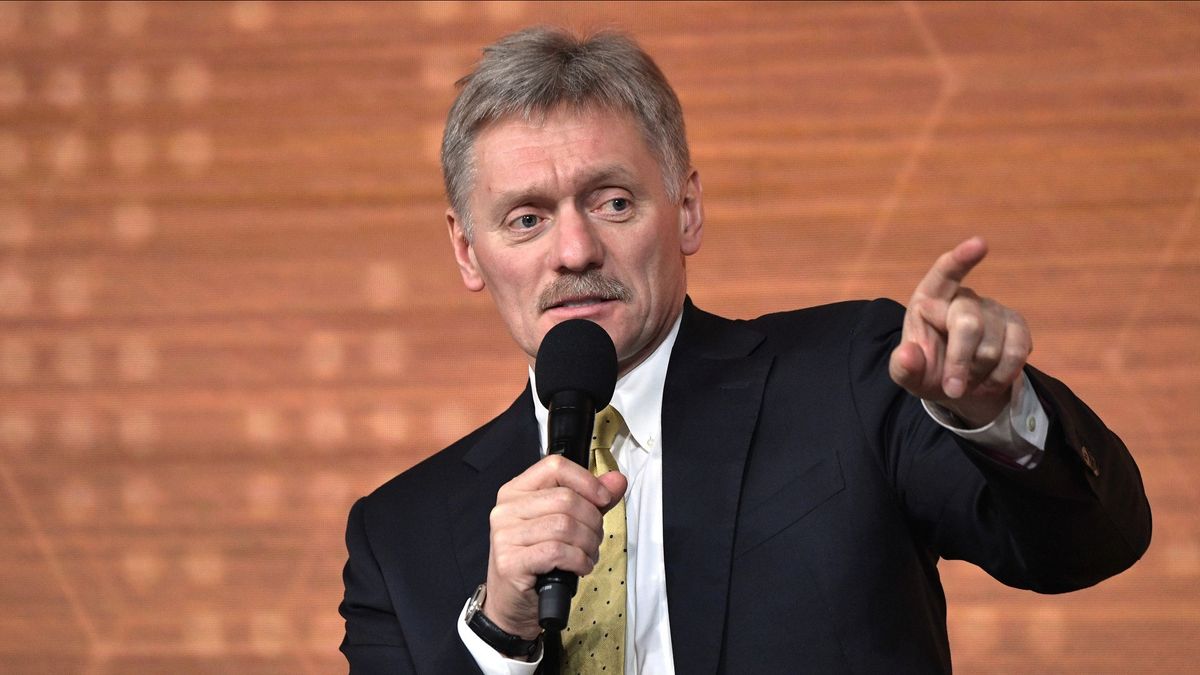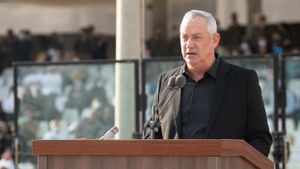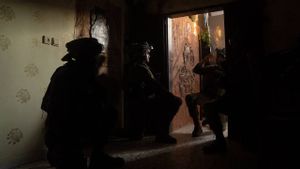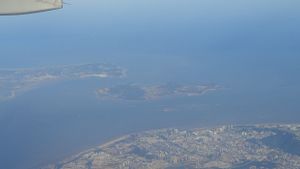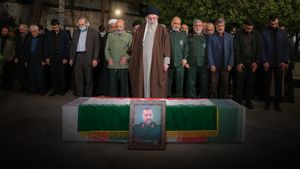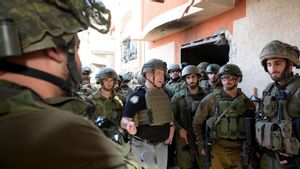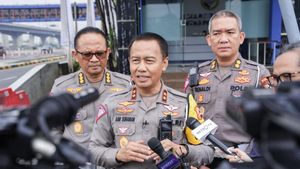The Kremlin on Friday warned Western countries they had a list of assets in the United States, Europe, and others that would be confiscated, if G7 country leaders decided to continue and confiscate USD 300 billion in Russian central bank reserves.
Leaders of the Group of Seven (G7) major industrial countries will discuss a new legal theory that allows the confiscation of frozen Russian assets when they meet in February, two sources familiar with the plan said on Thursday.
In response, Kremlin spokesman Dmitry Peskov said such Western action was tantamount to "stealing", violating international law and weakening the reserve currency, global financial system, and the world economy.
"This will be a major blow to the main parameters of the international economy, this will weaken the international economy," Peskov said.
"This will weaken the trust of other countries in the United States and the European Union as economic guarantors. Therefore, such actions have very, very serious consequences," he warned.
When asked if there was a specific list of Western assets Russia could confiscate in retaliation, Peskov said: "Yes. Yes."
However, Peskov declined to mention what specific assets were included in the list.
The United States and its allies have banned transactions with Russia's central bank and finance ministry, blocking approximately US$300 billion in Russian state assets in the West.
US and British officials have been working in recent months to begin efforts to confiscate Russian assets mobilized in Belgium and other European cities, hoping the G7 leaders agreed to issue a tougher statement when they met in late February, three sources told Reuters.
The legality of confiscation of Russian state assets is unclear. Russia has repeatedly stated that it will oppose any confiscation in court.
Supporters of the confiscation of Russian assets say war in Ukraine is an illegal war and frozen Russian money must be given to Ukraine, either for reconstruction or even for fighting Russian troops.
However, Russian officials say Western countries have been at war in several wars whose legality is doubtful, including the US-led war in 2003-2011 in Iraq, with some lawyers questioning whether the confiscation was legal in international law.
No decisions have yet been made, and some countries including the United States and Britain will require legislative changes to establish the necessary authorities to carry out the confiscation, the source told Reuters.
Russia has been reducing US bond ownership since 2014 and some in the US have warned that confiscation of Russian assets could encourage other major countries including China to avoid US and European currencies as well as government bonds.
SEE ALSO:
Although Russia's central bank has not explicitly detailed which assets have been frozen, most of the bonds and deposits are in euros as well as partly in the UK dollar and pound, according to publicly available data detailing ownership in early 2022.
Several Russian officials argue that if Russian assets are confiscated, then the assets of foreign investors trapped in a special account called the "C" in Russia could face the same fate. Several foreign assets are effectively locked in C's account.
It is unclear exactly how much money is in the account, but Russian officials say the amount is comparable to the USD 300 billion frozen Russian foreign exchange reserves.
The English, Chinese, Japanese, Arabic, and French versions are automatically generated by the AI. So there may still be inaccuracies in translating, please always see Indonesian as our main language. (system supported by DigitalSiber.id)
